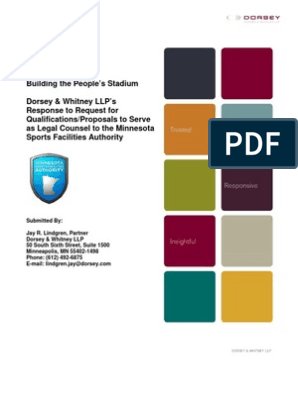The Communist Confession of Faith is a transcript of a dialogue between Karl Marx and
Friedrich Engels, who were two of the most important people in the development of communist
ideology and manifesto. It takes place during a meeting of the Communist League in London on
June 9, 1847. The dialogue addresses various aspects of communism, including its goals,
principles, how those goals would be achieved, and its effects and benefits on society.
Karl Marx and Friedrich Engels were both German philosophers and political theorists
who collaborated on the theory and practice of communism. The Communist League was a
revolutionary organization founded in 1847, which was formed to achieve the establishment of
communism. This dialogue we read in the draft most likely took place as part of the League's
internal discussions to clarify and articulate communist principles.
The production of this document can be understood by what was going on around the
time it was constructed. The mid-19th century was characterized by profound upheavals resulting
from the Industrial Revolution, which brought about significant changes in the structure of
society, economy, and labor relations. Rapid industrialization led to the emergence of a large
proletariat class, comprising wage workers who faced exploitation, poor working conditions, and
economic insecurity. Marx and Engels believed that their ideology would be able to put a stop to
this growing classism and drafted this manifesto.
The dialogue begins with questions posed by an unidentified interlocutor, to which Marx
and Engels respond with detailed explanations of communist theory. They discuss the aim of
communism, which is to organize society in a way that allows every individual to develop and
use their capabilities freely, without infringing on the basic conditions of society. They
emphasize the importance of eliminating private property and replacing it with community
ownership of resources. Marx and Engels trace the emergence of the proletariat, the class of
society dependent on wage labor, to the introduction of machinery in the industrial revolution.
They explain how the proletariat differs from previous laboring classes such as slaves, serfs, and
handicraftsmen, and why communism is uniquely suited to address the conditions of the
proletarian class. Regarding the transition to communism, Marx and Engels advocate for political
liberation of the proletariat through a democratic constitution. They outline measures such as
progressive taxation, nationalization of industries, and state-funded education to pave the way for
communal ownership of property and guarantee the subsistence of the proletariat.
The dialogue concludes with the idea that communism will start to make existing religions
obsolete and lead to the merging of nationalities as people will no longer be divided by their
social class.
In summary, this document offers a guide into the origins of communism and its
implications for society, making it a valuable resource for understanding the history of socialist
thought and revolutionary movements in the 19th century and beyond. This document laid the
building blocks for what became a very important ideology later on in history.
























































































